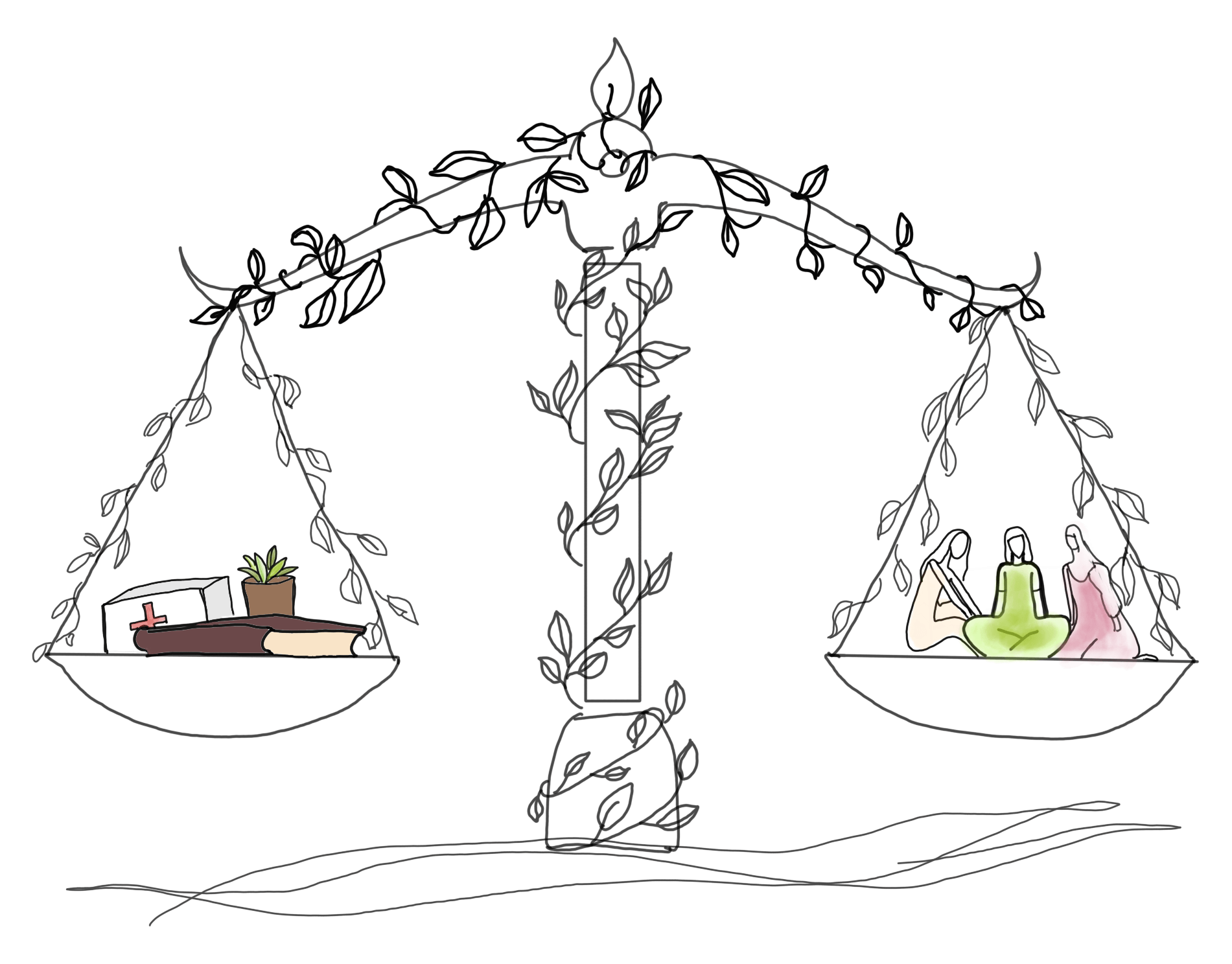All injustice is harm, and so justice refers to repair and reparations that are proportionate to the harm caused. At TCR, we believe that a just society is one that holds both the individual and the community accountable for its actions, and works towards the goal of repair and rehabilitation.
In cases of gender-based violence, different survivor-victims often seek different kinds of justice. While some seek criminal justice, survivor-victims have also utilised restorative conferencing, community involvement, or the #MeToo movement as a type of justice. We believe that our institutions should reflect the multiplicity of justice options and affirm the agency of survivor-victims.
Notable restorative justice programmes, such as RESTORE Arizona, have identified that survivor-victims of sexual misconduct often need justice that validates the legitimacy of their victimisation, gives voice to their harm, empowers them to influence how their case is conducted, focuses on offender behaviour and not on theirs, and involves them in determining the consequences imposed on the responsible person. TCR assesses how different justice systems can meet these needs.
Wellness is a practice of safety, health, and wellbeing for everyone. It is often neglected in the methods most commonly used to achieve justice.
At TCR, we emphasise the need to gauge the level of wellness, and restore the complete physical, mental and social well being of survivor-victims of GBV. So, we promote wellness interventions and practices that are trauma-informed, gender-affirming, and recognise perpetrator behaviour. We also intend to make clear the links between individual and community health.
Prevention stems from a right to security against criminal activity. Mainstream justice measures often place responsibility on survivor-victims to ensure their own security. This infringes upon their freedom, sense of self, and communal standing.
At TCR, we include people who have caused harm in the process of prevention and non-recurrence through reformative practices of accountability and rehabilitation. Our violence prevention projects go beyond awareness creation and gender sensitisation by emphasising the need for embodied therapeutic practice and empathy building.
India lacks concrete data on the types, scale, and extent of gender-based violence in its higher education institutions (HEIs). When such data is collected, it is often done so using a methodology that lacks trauma-informedness and neglects to thoroughly recognise abusive behaviour. Through its inclusive research, surveys, and writings, TCR aims to change this to bring the truth about gender-based violence and sexual harm to the forefront.
Overview
When it comes to gender-based violence, India ranks among the most unsafe countries in the world. Underreporting and low acquittal rates highlight the failure of judicial measures to address this. We remain resigned to a reality where gender-based violence seems inevitable and help is insufficient.
We further fail to see that cases of sexual misconduct are at their core cases of trauma. This is because our understanding of intervention against such crime is limited to courts and prisons where survivor-victims are mere observers in their fate and offenders are solely defenders of their narrative.
At TCR, we prioritise trauma mitigation, recovery, safety, and empowerment for individuals and communities. We aim to bring restorative justice practices to the mainstream to investigate difficult questions that matter to the persons involved, and not exclusively to the institutions: What does it mean to heal? How do I feel safe again? What should productive justice look like?
At TCR, we pave a new path. We aim to create an alternate, secure, and actionable space for survivor-victims to heal and offenders to conscientiously rehabilitate.

